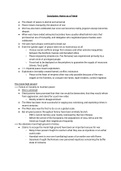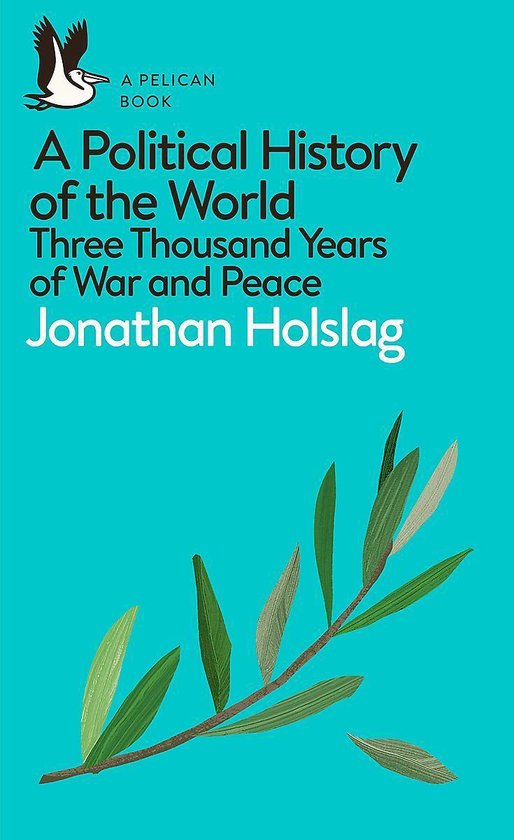Samenvatting
Summary History of International Relations Conclusion (Holslag)
- Instelling
- Vrije Universiteit Brussel (VUB)
Detailed chapter summary: the level of detail expected in the January 2021 session I received a 17/20 with this Structure: - important points in the given period - specifics information split by regions - Each chapter summary ends in a (brief) discussion of the relevant points for each ...
[Meer zien]




